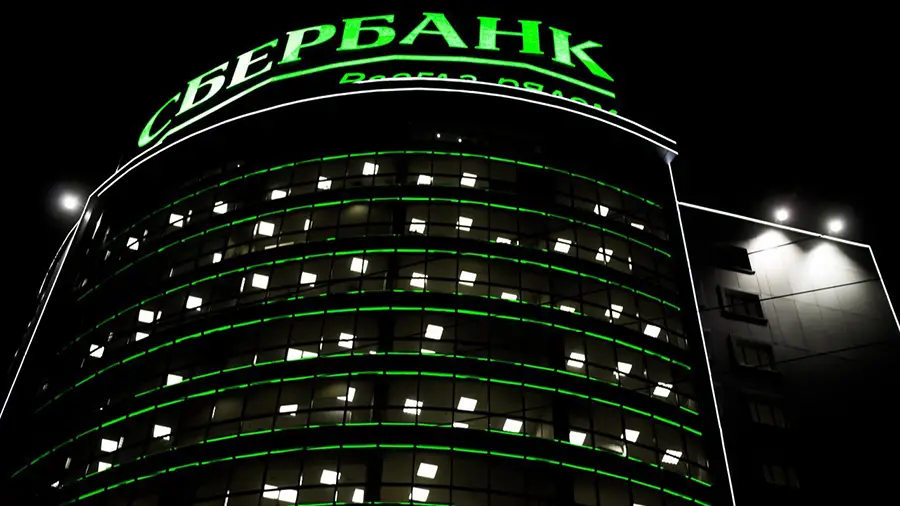The Interbank Blockchain Masterchain project, developed under the auspices of the Central Bank of Russia, did not achieve its goals, a key platform participant said.
Sberbank decided to minimize participation in the Masterchain, said Oleg Abdrashitov, director of the blockchain laboratory at the bank. The company will use other platforms to further explore the blockchain.
Naming the Masterchain system as inefficient, unsafe and slow, Abdrashitov said that the bank will transfer its work in the blockchain area to other more widely used corporate platforms.
“Masterchain does not meet the requirements of Sberbank, so for all future research we will use corporate blockchain platforms such as Hyperledger Fabric or Quorum,” said Abdrashitov.
In 2016, the Central Bank combined
5 banks – Kiwi Bank, Sberbank, Alfa-Bank, Otkritie and Tinkoff Bank to create Masterchain – a distributed platform, on the basis of which in the future it will be possible to create new services. The cost of developing Masterchain is not exactly known. However, according to an earlier public disclosure of information, 13 members of the FinTech Association (AFL) pay from $ 120,000 to $ 230,000 per year for participation in the project.
According to Abdrashitov, the Masterchain test case is a decentralized depository system for digital mortgage bonds that makes a lot of sense for banks. The National Settlement Depository (NSD) charges a percentage share of the value of each mortgage bond that it stores as a custodian, and for Sberbank, this means the cost of millions of dollars each year.
On the other hand, a decentralized system requires investment at the creation stage, but once it works, it will be much cheaper to use, said Abdrashitov. But this, unfortunately, does not apply to this system. The pilot mortgage project on Masterchine launched
last fall, it was planned to be fully deployed next month, but it is unlikely that it will be ready soon due to the slow technical development of the FinTech Association, Abdrashitov said.
“We have not yet received the new version of the Decentralized Depository System from the AFL and have not tested it, so the estimated deployment date in early July is questionable,” he said.
Masterchain’s main problems
According to Abdrashitov, part of the problem is that Masterchain is not decentralized enough, because it is controlled by the Central Bank. This in itself was not a problem for Sberbank, but the Masterchain became too centralized even for this format, said Abdrashitov, since “his work is completely dependent on the central server of the FinTech Association, which controls the mining and consensus”.
The system is also very slow, said Abdrashitov. Loading one mortgage bond in the form of a 30-kilobyte zip file takes three minutes.
“People in business are not used to working in such a format – to press a button, and then wait a long time until something works,” he said. “Management is looking at this and is disappointed in the blockchain technology. We spend shareholders’ money on studying the blockchain and we need practical solutions. ”
In addition, Abdrashitov said, the system is insecure for a small network consisting of several nodes. “Proof systems are good for thousands of participants, but if there are only five of them, one of them will easily rewrite the registry.”
The product is so unreliable that when it enters the industrial phase, Sberbank plans to use both Masterchain and the traditional system so that the experimental technical level has a reliable backup and the bank’s operations are not endangered.
It also turned out that it is impossible to use Masterchain for several tasks at the same time: for each use case, it is necessary to deploy a new network, said Abdrashitov. It is disappointing that the project is in such a state, since the system would be viable if the developers had done only one thing from the very beginning: they replaced the PoW consensus with a corporate-friendly counterpart.















